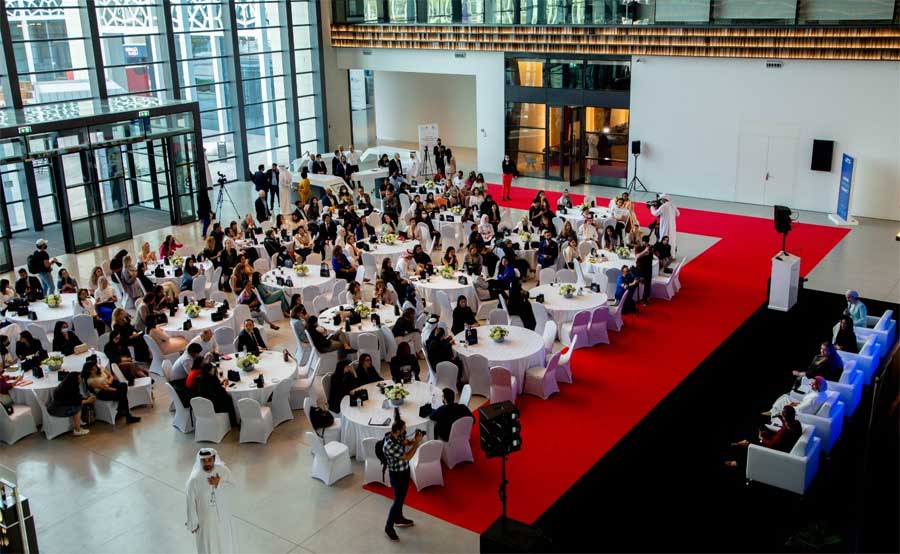Looker-on world affairs like to point to a defining moment to demonstrate the end of one era and the beginning of another. As was foreseeable the novel coronavirus pandemic has already generate much theorising that the world will undergo abstruse change as a consequence, even that contemporary history will forever be divided between what happened BC (before coronavirus) and AC (after coronavirus), a situation appears to exist today. The international order largely constructed by America in the aftermath of WWII is still very much in evidence for the basic reason that most states appreciate its benefits and thus abide by its rules, all on the understanding that America retains sufficient power and influence to enforce compliance. At the same time, the global distribution of power is inexorably shifting with the rise of new powers as well as influential non-state actors, such as multinational corporations and transnational terrorist organizations. The US is also growing more reluctant to bear the costs of world leadership, especially when it comes to using military force. China and Russia, along with lesser regional powers, have taken advantage of this mum in recent years to assert their own interests, and to undermine the US international standing and authority. Their actions have at times openly flouted the rules and norms of the U.S.-led order without incurring a serious price, which has demoralized its supporters and emboldened its detractors.
In addition, the benefits of the U.S-led order and, in particular, the many international agreements that the US has championed to open up the world to the free flow of goods, services, ideas, and people, no longer look so promising, not least to the many Americans whose livelihoods have suffered as a consequence. This shift has caused a public backlash against globalization not only in the US but also in many Western countries that has manifested itself in more nationalist and inward-looking policies. As a result, the political will\ to defend, much to a lesser extent, the liberal international order is in short supply. If previous transitional periods serve as any precedent, the actions of the major powers will likely determine which of these international orders or a different one emerges in the future. How the major powers have managed these consequential moments in the past is not encouraging. Since the beginning of the twentieth century, there have been three transitional periods: from approximately 1913 to 1920, from 1938 to 1947, and from 1988 to 1994. In two of these, catastrophic conflicts broke out (WW I and II), and the third experienced violent upheavals in the Balkans and the Middle East as well as in Africa and Asia. Efforts by major powers to create a robust, collective security arrangement in these transitional periods either collapsed or never lived up to their full promise (the League of Nations, the early “Four Policemen” proposal for the United Nations, and the vision of a “New World Order” after the 1991 Gulf War). Moreover, the international orders that followed while bringing relative peace and stability were flawed. Thus, the League of Nations system lacked the active involvement of the US and the Soviet Union, the bipolar Cold War rested on the threat of mutual annihilation and came close to it on several occasions and the post-Cold War order revolved around the vagaries of U.S. hegemony.
Today, the signs are not promising that the major powers either comprehend the risks of the current transitional period or have a clear vision for a new international order that would be broadly acceptable and thus considered legitimate by most other states. If anything, mistrust and friction is steadily growing among them. The US , China, India, and Russia are acquiring new strategic capabilities and exploiting new operational domains, specifically cyberspace and outer space, ostensibly to bolster deterrence and improve their national defenses. These preparations, however, can just as easily signal hostile intent and increase the scope for dangerous misunderstandings and unintended military escalation during acute crises. In short, the prospect of a war breaking out between two or more of the major powers, something that was generally considered to be risibly improbable just a few years ago, is no longer unimaginable, cooperation on a host of critical global challenges and common security concerns particularly nuclear proliferation, transnational terrorism, public health threats, and the interacting effects of climate change, resource scarcity, and environmental degradation seems also likely to suffer. Those problems can be meaningfully tackled only through collective international action, which is unlikely to coalesce without impetus from the major powers. Despite a common interest in addressing those threats, increasing mistrust and antagonism will only make the task more difficult. The poor level of international cooperation on the COVID-19 outbreak certainly in its initial stages stands in stark contrast to what happened during the 2008-09 financial crisis and would appear to validate this fear. To avoid the world growing more fragmented and dangerous, existing global governance institutions will need to adapt and new ones be created to accommodate rising powers. The world seems destined to grow more competitive, congested, and contested in the coming years, the logic of major power cooperation is inescapable.
Such cooperation will be rendered more difficult, if not impossible, if the major powers grow increasingly fearful of each other’s strategic intentions. Meaningful cooperation requires basic mutual trust and security, which will not arise spontaneously. The major powers will, therefore, need to provide active reassurance through formal agreement, where possible, and informally when this is not politically practical. The goal should be to create a stable and mutually beneficial understanding that accepts the reality of strategic competition as well as the imperative of coexistence. At a minimum, this objective will require a deeper appreciation of each country’s core national security interests and a renewed commitment to the fundamental international principles of political sovereignty, domestic noninterference, and territorial integrity. In some areas, the major powers will also need to practice reciprocated restraint on activities deemed potentially threatening, as has been done in previous eras of major power competition.
How to promote stability?




